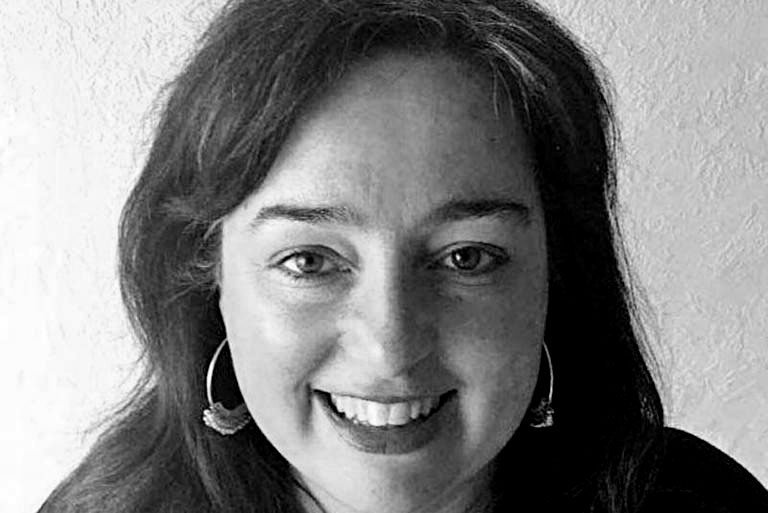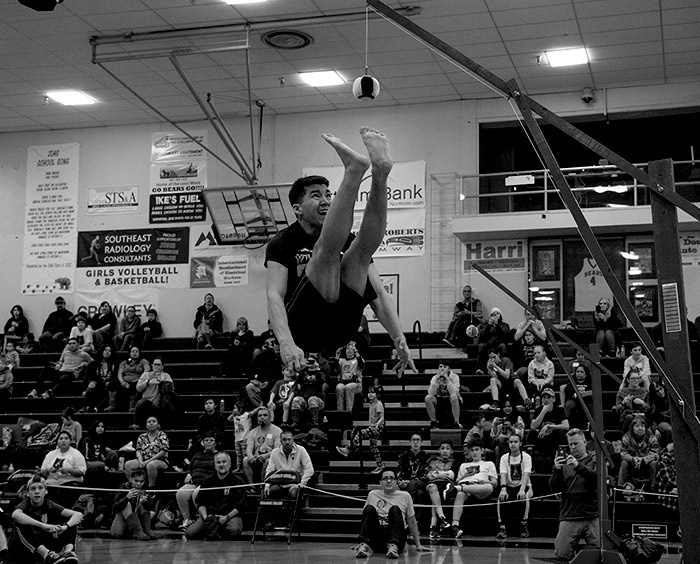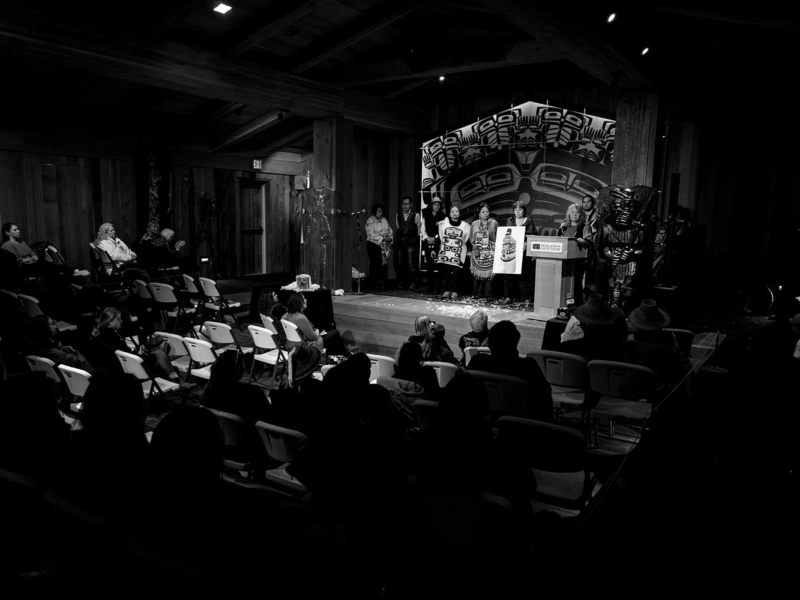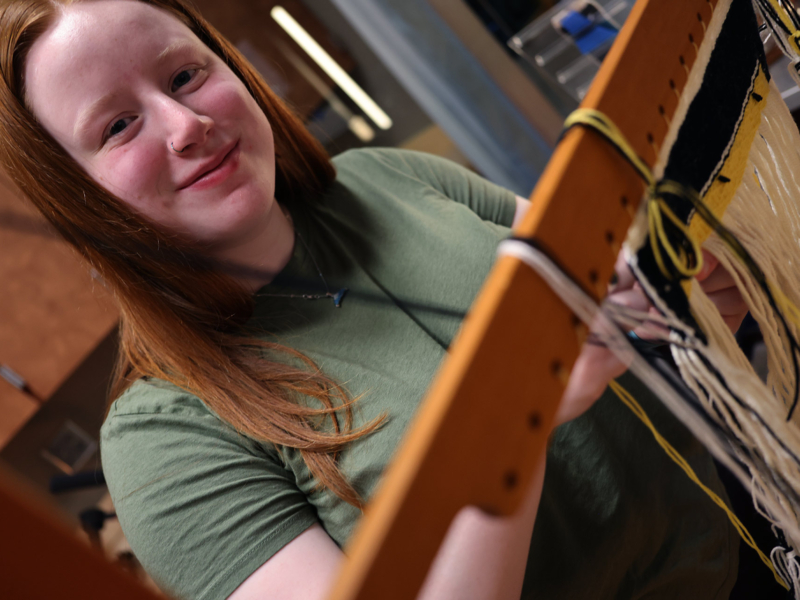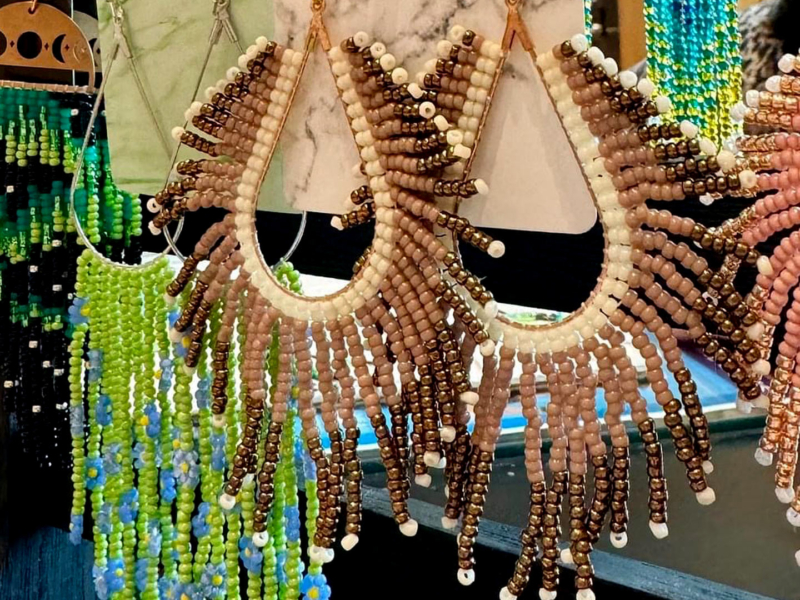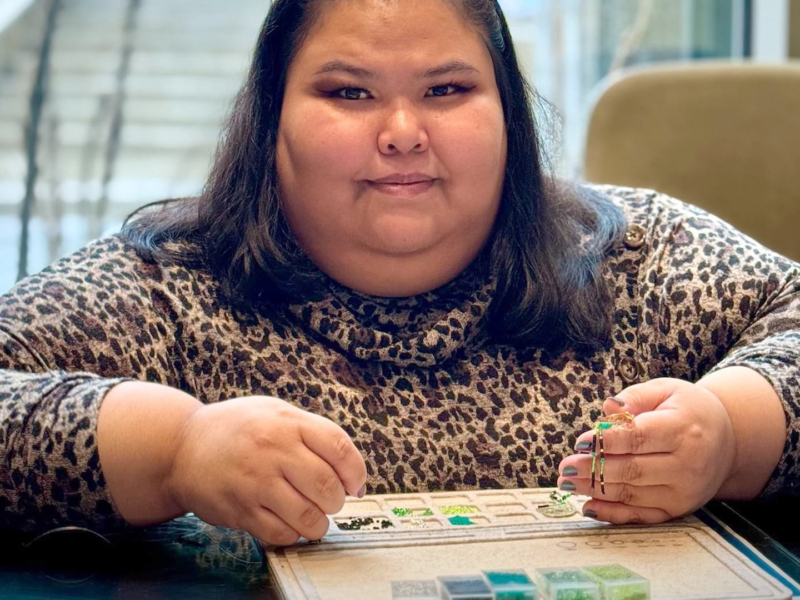New Principal Appointed to Lead Tlingit School Program
Sealaska Heritage Institute Press Release
NEW PRINCIPAL APPOINTED TO LEAD GROUNDBREAKING TLINGIT SCHOOL PROGRAM
Award-winning educator ...
SHI Traditional Alaskan Games – Juneau Alaska
Sealaska Heritage Institute Press Release
SEVENTH ANNUAL TRADITIONAL ALASKAN GAMES TO KICK OFF THIS WEEKEND ...
SHI Lectures – SE Alaska Native Languages
Sealaska Heritage Institute Press Release
SHI TO SPONSOR LECTURE SERIES ON SOUTHEAST ALASKA NATIVE LANGUAGES
Free ...
SHI Alaskan Native Artist – Wren Holzinger Artworks
Wren HolzingerScroll Vertically ^ to See Highlights / Click to View Biography
Click Anywhere to ...
SHI Alaskan Native Artist – MacKenzie Gray Artworks
Mackenzie GrayScroll Vertically ^ to See Highlights / Click to View Biography
Click Anywhere to ...
SHI Alaskan Native Artists’ Digital Residency
Click to Access // Scroll Horizontally to See Past Artists
PAST RESIDENTWren Holzinger
As a ...
SHI Juneau Alaska Totem Pole Trail Guide
Click to Download Totem Pole Trail Guide
SHI Alaskan Native Artist – Ranelle Hinchmen Artworks
Ranelle HinchmenScroll Vertically ^ to See Highlights / Click to View Biography
Visit Our Artist's ...
SHI Alaskan Native Artist – Rudy Isturis Artworks
Rudy IsturisScroll Vertically ^ to See Highlights / Click to View Biography
Click Anywhere to ...
SHI Alaskan Native Artist Residency – Ranelle Hinchmen Biography
Sealaska Heritage Institute
Ranelle Hinchmen | ALASKAN NATIVE ARTS
SHI Digital Residency for Ranella Hinchmen.
Promoting Alaskan ...
